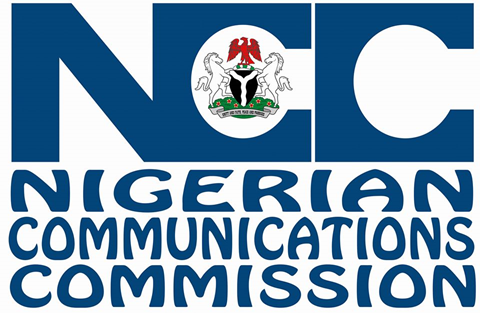Indications have emerged that the International Monetary Fund is to conduct a due diligence exercise on the Central Bank of Nigeria as part of a fresh ‘safeguards assessment’.
The new safeguards assessment is a fallout of the $3.4bn emergency financial assistance the IMF gave to the federal government to address the economic impact of the COVID-19 pandemic on the country.
According to a factsheet on the IMF website, safeguards assessment of central banks is aimed at protecting IMF’s resources, and to “ensure that loans to member countries are repaid as they fall due so those resources become available to other members in need.”
“When the IMF provides a loan to a country, a due diligence exercise is carried out to obtain assurance that the country’s central bank receiving IMF resources is able to manage the funds and provide reliable information,” the fund further explained in the factsheet.
The assessment, which was further described as a diagnostic review of a central bank’s governance and control framework, involves five key areas including external and internal audit mechanisms, legal structure and autonomy, financial reporting and system of internal controls.
The federal government agreed to undergo a fresh safeguard assessment in a Letter of Intent it sent to the IMF as part of the application for the $3.4bn emergency financial assistance.
The letter, addressed to IMF managing director, Kristalina Georgieva, and dated April 21, was jointly signed by the finance minister, Zainab Ahmed, and the CBN governor, Godwin Emefiele.
The letter was published in a staff report on Nigeria’s request for the Rapid Financing Instrument, which was approved by the IMF on Tuesday.
Parts of the Letter of Intent read, “In line with IMF safeguards policy, we commit to undergoing a new safeguards assessment conducted by the fund.
“To this end, we have authorised IMF staff to hold discussions with external auditors and provide IMF staff access to the CBN’s most recently completed external audit reports.
“We do not intend to introduce measures or policies that would exacerbate the current balance-of-payments difficulties.
“We do not intend to impose new or intensify existing restrictions on the making of payments and transfers for current international transactions, trade restrictions for balance-of payments purposes, or multiple currency practices, or to enter into bilateral payments agreements which are inconsistent with Article VIII of the IMF’s Articles of Agreement.”
Article VIII provides in sections 2 and 3 that members shall not impose or engage in certain measures, namely restrictions on the making of payments and transfers for current international transactions, discriminatory currency arrangements, or multiple currency practices, without the approval of the fund.
The IMF, in the staff report, acknowledged that Nigerian authorities had committed to “undergoing a safeguards assessment as soon as feasible”.
“They (Nigerian authorities) will provide fund staff with the necessary central bank audit reports and have authorised the external auditors of the Central Bank of Nigeria to hold discussions with staff,” the IMF noted in the staff report.









